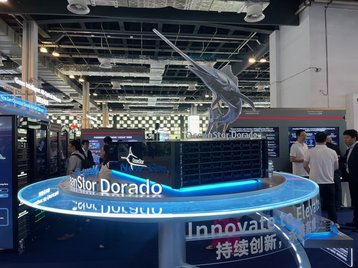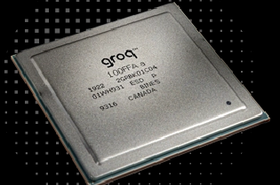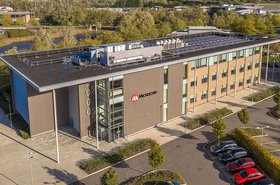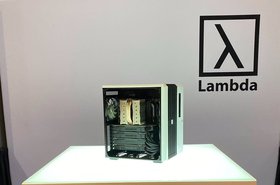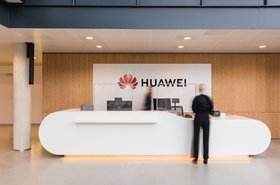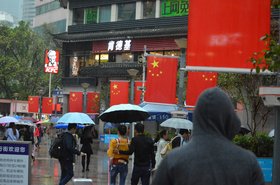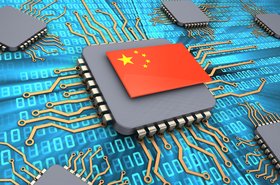Huawei has unveiled its latest all-flash storage solution, dubbed the OceanStor Dorado 18000 or, more informally, the Dorado V7.
Announcing the new product at the company's annual Huawei Connect event in Shanghai, Yang Chaobin, Huawei's president of ICT products and solutions said his firm was “committed to providing the ICT products and technologies” needed for developing AI solutions and accelerations AI applications.
According to Huawei, the new OceanStor Dorado 18000 minimizes power consumption whilst still providing 30 percent higher IOPS per watt and TB per watt than the “next best in the industry” – without naming the competitor – and 5x greater O&M efficiency.
Furthermore, Huawei says that the solution’s SmartMatrix 4.0 full-mesh technology means the OceanStor Dorado 18000 can deliver 99.9 percent reliability, tolerating faults at controller, disk, and cabinet level. The company also claims that the offering is the industry’s first “native unified storage,” featuring native parallel architecture for blocks, files, and objects, with “comprehensive enterprise-grade features” that support hybrid AI workloads.
The solution is also compatible across generations, meaning a single cluster can support the V6, the V7, and, when it is released, the V8.
Speaking after Chaobin’s speech, marketing VP of Huawei’s data storage product line, Michael Fan, said a single space can generate 100 million IOPS and scale to 32 controllers, achieving 500 petabytes of capacity.
He said that although the predecessor to the V7 is still a “superstar” product which, even after five years, continues to offer “leading performance and scalability in the industry,” the company decided to launch a new all-flash solution to show its customers it remains committed to innovation and advancing its product line to meet demand.
“We have a lot of V6 customers that have been looking forward to seeing our next generation [Dorado solution],” he said. “Because of the American sanctions, we have a lot of limitations politically, so now we are gradually trying to recover from a lot of those difficulties, and our customers are looking for that [recovery].”
He added: “We’re trying our best to renew [the Dorado] system, to further increase the performance and make the customer see that Huawei is not standing still but looking forward.”
However, despite his candour about the ongoing geopolitical challenges the company is facing, Fan did skirt the question of whether the “specialized chips” inside the solution were Huawei-made, instead noting that the company has a “very robust supply chain” and doesn’t foresee any problem delivering the current V6 or upcoming V7 solution to customers.
He said Huawei currently engages in a "one plus one" strategy, whereby the company simultaneously sources a supplier in China and one from an overseas market in order to ensure that customers in the majority of regions are able to purchase Huawei products.
The V6 offering, launched by the company in 2019, contained an Arm-based Kunpeng 920 CPU and an Ascend 310 AI processor. Kunpeng and Ascend are both Huawei-developed product lines. DCD has asked Huawei if the V7 includes the company’s Kunpeng and Ascend hardware.
Today’s announcement follows the May 2024 launch of Huawei’s AI-specific storage solution, the OceanStor A800, in addition to to a new high-capacity solid-state drive and an AI-specific update to the company’s data management engine.
Following that launch, Peter Zhou, president of Huawei’s data storage line, said the company was developing a storage solution that could potentially allow companies to move away from using tape-based storage, a technology he described as “terrible.”

